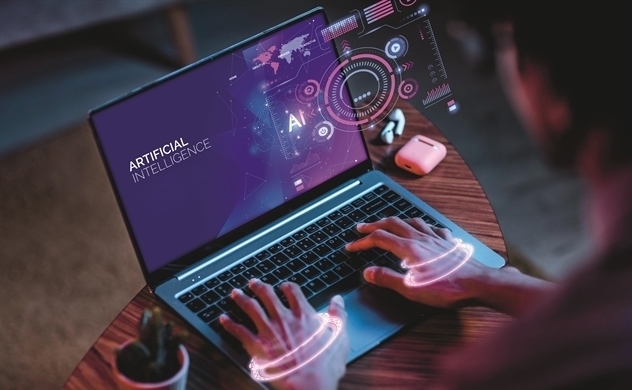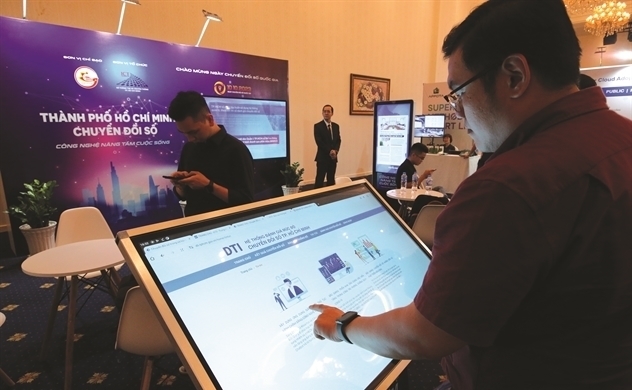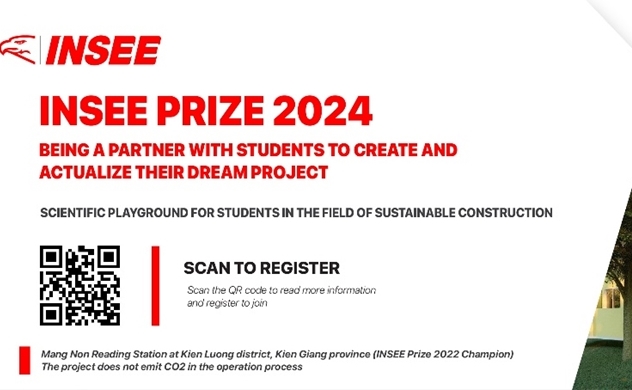AI trends in the Workforce and Education

Photo: Nhipcaudau
According to the report of Thomson Reuters published in early 2024, technology, automation and the work professionals do in the US and the UK, such as lawyers, accountants, banks... are named "The Future of Professionals". This report surveyed more than 1.200 individuals working in legal, tax, accounting, global trade, risk and compliance, internal controls… who are employed at firms, corporate in-house departments, and government agencies based in North America, South America, and the United Kingdom.
Additionally, more than two-thirds of them (67%) said they believe A.I. will have a high-impact change to their profession over the next five years. A majority (66%) forecasted that A.I. will indeed create new career paths.
A.I. and the future of jobs
Lawyers, accountants, and banking experts are some of the groups most clearly affected by changes in new A.I. technology such as generative A.I.
Based on a report from the British Government released at the end of 2023, these professionals are among the groups that will be the most affected by changes in new A.I. technology. The impact can be both good and bad, for example, ChatGPT can take away some jobs and also make many skills more mundane and repetitive, potentially reducing productivity.
In a typical case pointed out in mid-2023, a lawyer in New York admitted that he used A.I. found some court cases related to an airline company. The A.I. generated 6 fake legal cases and that was discovered by the opposing lawyer. Obviously, some tasks might be assigned to trainee lawyers or low-level legal staff. But now, these can be done by A.I., although it carries the risk that A.I. can make up fake content.
Besides law, A.I. can support the process efficiency in tax, and accounting as well as some works with clear processes in the government. However, A.I. can also potentially replace routine and simple jobs. This may result in layoffs or loss of work for some individuals.
This also creates new job opportunities and requires workers who must have the necessary skills. For example, some audit companies are considering expanding their audit reviews and certification activities for A.I. applications, according to the standards of the EU.
Based on the article at the beginning of the year, Forbes quoted Chris Hyams, CEO of Indeed, a human resources company, saying that jobs will not be lost, but will be transformed. "We think that A.I. is going to transform almost every job, how they’re done, not necessarily eliminate those jobs, but they will transform,” Mr. Hyams said.
Similarly, in assessing the potential of experts from Big 4 auditing firms and ACCA representatives, A.I. doesn't take away jobs but transforms them. But if those doing that job can't adapt to the change, they will be replaced.
How education will adapt
Some professional jobs including lawyers, accountants, and finance make up a large proportion of educational programs at the university level. Universities generate significant revenue from providing courses in these fields, including master’s degree courses, short-term specialized training, and leadership training. Tuition fees for these courses can be 3 or 5 times higher than the average for a regular university program in the UK.
Therefore, many universities are exploring how to integrate A.I. learning courses into their training programs, providing students with the essential skills and knowledge. Learning A.I. skills can indeed be challenging, as there is still no clear consensus on the necessary skills.
Secondly, universities are also afraid that A.I. will be abused by students to cheat. For example, at universities in the UK, when A.I. is used for academic assignments students may be tempted to risk violating their school’s policies by turning in work that is not their own. It is considered a form of plagiarism where a student pays someone to complete their assignment (contract cheating). Obviously, allowing students to learn A.I. skills while still preventing them from using it for cheating purposes can be challenging.
However, there are many new initiatives for universities to adapt. For example, some universities in the UK are incorporating oral exams through various new technology platforms, including VR technology, into their curriculum.
On the other hand, Bristol University incorporates A.I. in their teaching, providing tutorials on how not to use the tool in writing a thesis or dissertation. The students can teach each other the optimal way within the framework of a fairly open general policy of the school.
According to Ho Quoc Tuan, a Lecturer at Bristol University, UK, organizations create an environment for learners to adapt to rapid changes and promote adaptive and flexible skills, as well as build resilience in the face of shocks.
Same category news
-
Thanh Hang
Latest news
-
Huyen Hoang

 TIẾNG VIỆT
TIẾNG VIỆT 








_291615658.jpg)









